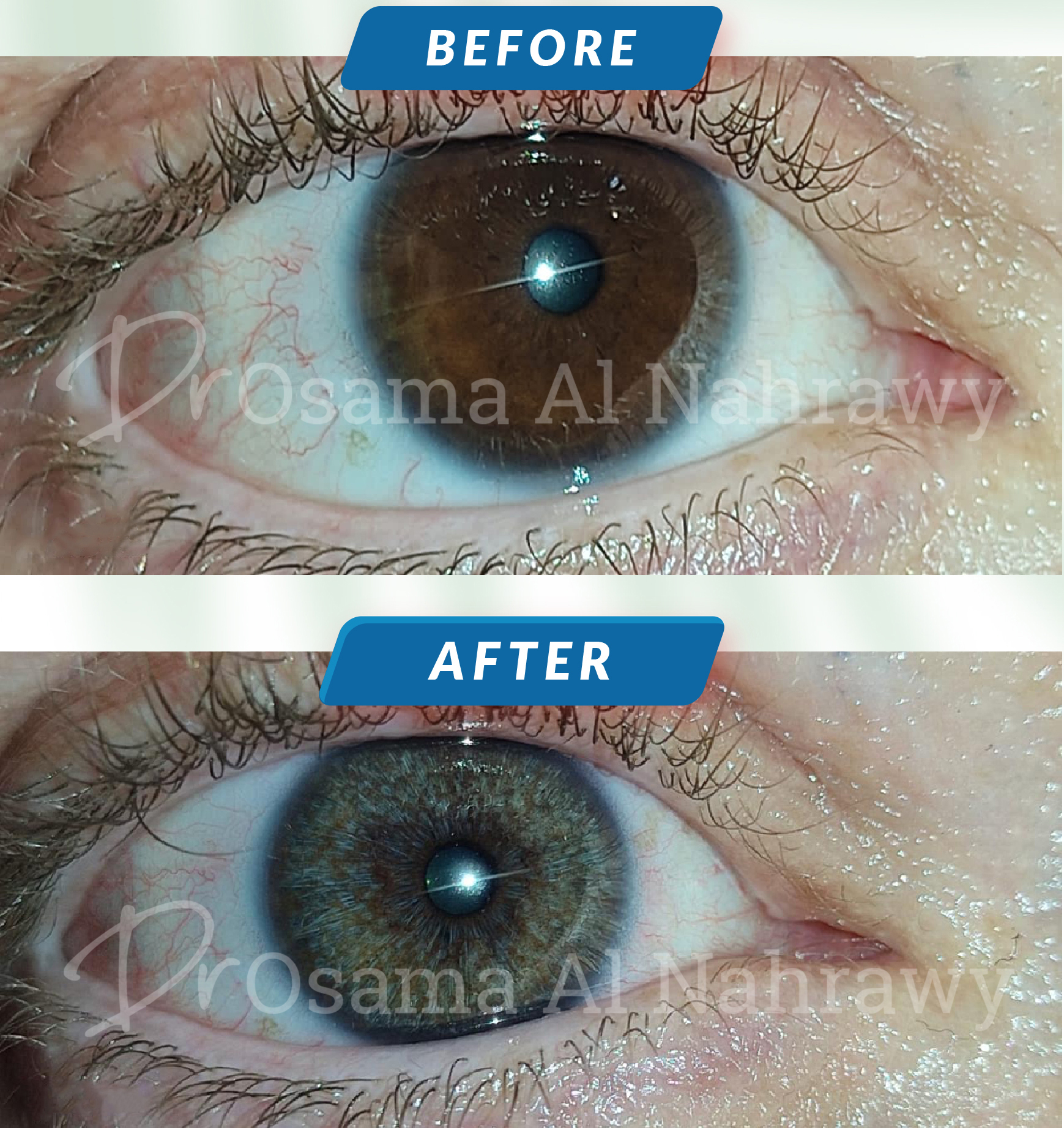Dry Cough Due To Allergy

A dry cough can be a frustrating and debilitating symptom, especially when it’s caused by an allergy. Allergies occur when the body’s immune system overreacts to a harmless substance, such as pollen, dust, or pet dander. This overreaction can lead to a range of symptoms, including congestion, sneezing, and, of course, coughing.
When an allergen enters the body, it triggers the release of histamine and other chemical mediators. These chemicals cause the airways to constrict and become inflamed, leading to a dry, irritating cough. In some cases, the cough can be so severe that it interferes with daily activities, disrupts sleep, and even leads to social embarrassment.
One of the most common allergens responsible for dry cough is pollen. Pollen is released by trees, grasses, and weeds, and can travel long distances through the air. When inhaled, pollen can trigger a cough, as well as other symptoms like congestion, sneezing, and itchy eyes.
Another common allergen that can cause dry cough is dust. Dust is made up of tiny particles like skin cells, hair, and fabric fibers, which can become airborne and be inhaled. People with dust allergies may experience symptoms like coughing, sneezing, and runny nose, especially when they’re in environments with high dust levels.
Pet dander is another allergen that can cause dry cough. Pet dander is made up of tiny skin cells that are shed by animals like cats, dogs, and birds. These skin cells can become airborne and be inhaled, triggering a cough and other symptoms in people with pet allergies.
In addition to these common allergens, there are many other substances that can cause dry cough. For example, mold, mildew, and fungal spores can all trigger allergic reactions, as can certain foods, chemicals, and medications.
To manage a dry cough caused by an allergy, it’s essential to identify and avoid the allergen triggering the symptoms. This can involve taking steps like:
- Using HEPA filters to remove allergens from the air
- Keeping windows and doors closed during peak pollen hours
- Avoiding pets or taking steps to reduce pet dander
- Using a dehumidifier to reduce mold and mildew growth
- Wearing a mask when outdoors or in environments with high allergen levels
In addition to avoiding allergens, there are many treatments available to help manage dry cough symptoms. Over-the-counter medications like antihistamines and decongestants can help relieve congestion and reduce coughing. Prescription medications like corticosteroids and immunotherapy can also be effective in managing allergy symptoms.
In some cases, dry cough can be a symptom of a more severe condition, such as asthma or chronic obstructive pulmonary disease (COPD). If you’re experiencing a persistent or severe dry cough, it’s essential to consult with a healthcare professional to rule out any underlying conditions.
FAQs
What are the most common allergens that cause dry cough?
+The most common allergens that cause dry cough are pollen, dust, and pet dander. However, other substances like mold, mildew, and fungal spores can also trigger allergic reactions.
How can I manage a dry cough caused by an allergy?
+To manage a dry cough caused by an allergy, it's essential to identify and avoid the allergen triggering the symptoms. This can involve taking steps like using HEPA filters, keeping windows and doors closed, and avoiding pets. Over-the-counter and prescription medications can also help relieve congestion and reduce coughing.
Can dry cough be a symptom of a more severe condition?
+Yes, dry cough can be a symptom of a more severe condition, such as asthma or chronic obstructive pulmonary disease (COPD). If you're experiencing a persistent or severe dry cough, it's essential to consult with a healthcare professional to rule out any underlying conditions.
In conclusion, dry cough due to allergy is a common condition that can be managed with the right treatment and avoidance strategies. By understanding the causes of dry cough and taking steps to avoid allergens, individuals can reduce symptoms and improve quality of life. Remember to consult with a healthcare professional if you’re experiencing a persistent or severe dry cough to rule out any underlying conditions.

